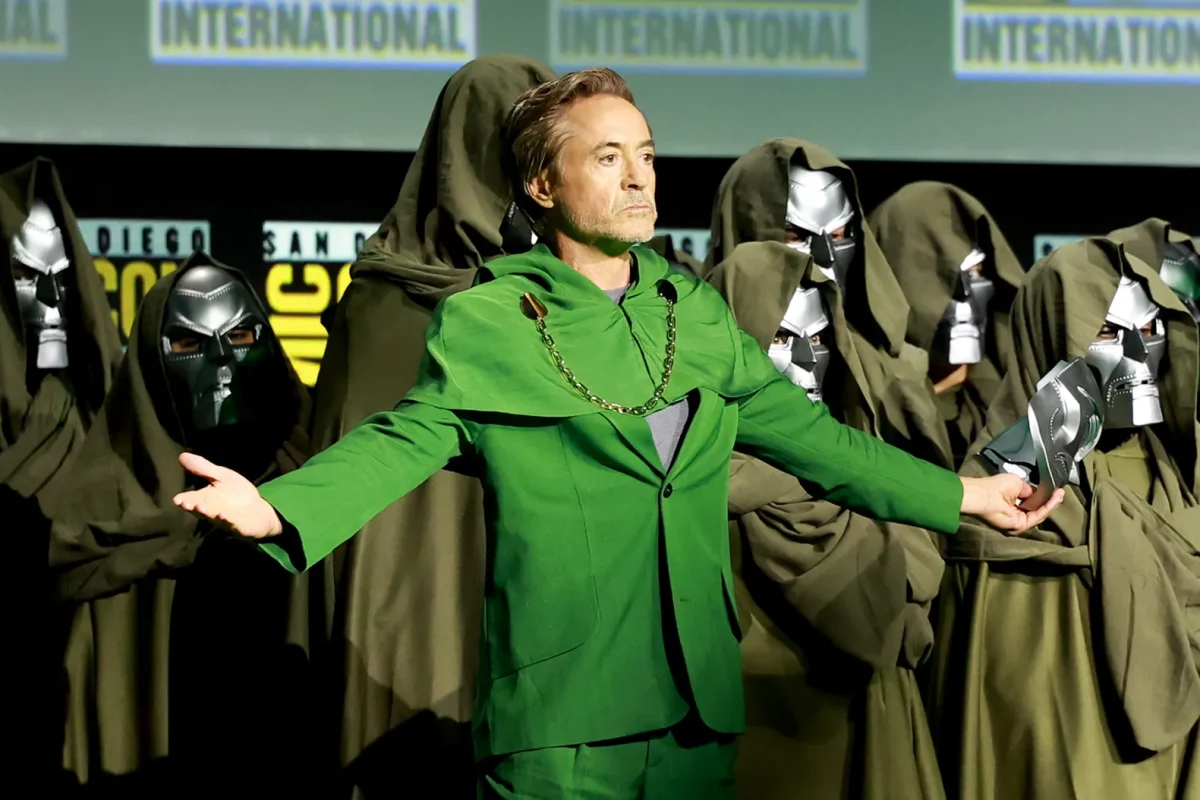We live in a world where modern medicine has cured diseases, extended life expectancy and overcome hurdles that were once considered science fiction, but with the stigma that continues to surround vaccinating children, living a healthy life has become less about choice and more about keeping up with the Joneses.
It is pretty safe to assume that most parents want to do the right thing when raising a child. Decisions are often made at a moment’s notice but most choices, particularly those concerning health and well-being, are given deliberate and meticulous consideration not only for the benefit of survival, but in many cases because the child is not developed enough cognitively to make the decision on his or her own.
One example of this parental influence is the decision whether or not to immunize children. In recent years, this hot button topic of discussion has polarized opinions, leaving well-trained scholars, religious zealots and stay-at-home moms divided in thought on whether vaccinations are ultimately harmful or beneficial to human beings.
Scientific studies indicate vaccines are highly effective in treating and preventing a variety of infections, many of which have been eradicated permanently. The measles vaccine alone has a 95 percent efficacy rate of immunity in individuals over the age of 12 months according to reports from the Centers for Disease Control and Prevention.
But when a well-known celebrity like Jenny McCarthy takes a very vocal stance on the medical dangers of immunizing at a young age, the public not only listens. They react.
Investigated media reports from respected news sources trickle down the journalism pipeline, losing valuable information as they float from blog to blog, getting watered down or restructured for readership reaction. And suddenly a celebrity’s personal vendetta holds more credibility than years of scientific research.
New parents who may be seeking the advice of medical professionals or even their own parents face the risk of being shunned by peers for trying to make the best choices for the safety and health of their offspring.
What was until recently a standard medical practice by doctors is now a bartering act for parents to wager—one that balances the health of a child against the acceptance of a community.
But regardless of what each parent decides, it is still his or her choice. And that choice should not be mocked or ridiculed, especially when that negativity is directed toward the child who had no part in the decision-making process.
Over the past decade, America is the only region in the world that has seen an increase in measles cases, according to a report from the World Health Organization.
Now, nearly 50 years after the measles vaccine was introduced into modern medicine, the viral infection has surged its way back into the U.S. population after being almost eradicated nationally.
SF State requires declaration of vaccination status before it allows a student to register for classes, but any student can waiver this requirement for medical, religious or personal reasons. The responsibility of health then rests in that person’s decision to minimize risk of infection, which is even more amplified in a school environment where thousands of people come and go each day.
With California vaccination rates now below the national average, unimmunized students put themselves at risk more and more each day. Nine out of 10 people who are not immune to the airborne disease and come into close contact with someone who is infected will catch it, according to a study by the Public Health Foundation. Those who received vaccinations are almost entirely immune.
So why the continued stigma around vaccinations? It seems no matter what you choose, there is always somebody to contradict your decision. So make your decision with pride and stand behind it with conviction.
One of the great things about the human condition is the ability to make one’s own choices. People smoke cigarettes, drink alcohol and consume processed sugar, despite countless medical reports that layout the dangers in undeniable proof. And although the consequences of such actions are variable in each circumstance, those decisions are ultimately each person’s to make.
So when a parent is faced with challenging child-rearing decisions—Should I pierce my daughter’s ears? Is circumcision right for my son? Can private school really a better option?—we should encourage them to research the facts and make the choices on their own accord, without the fear of community criticism.







